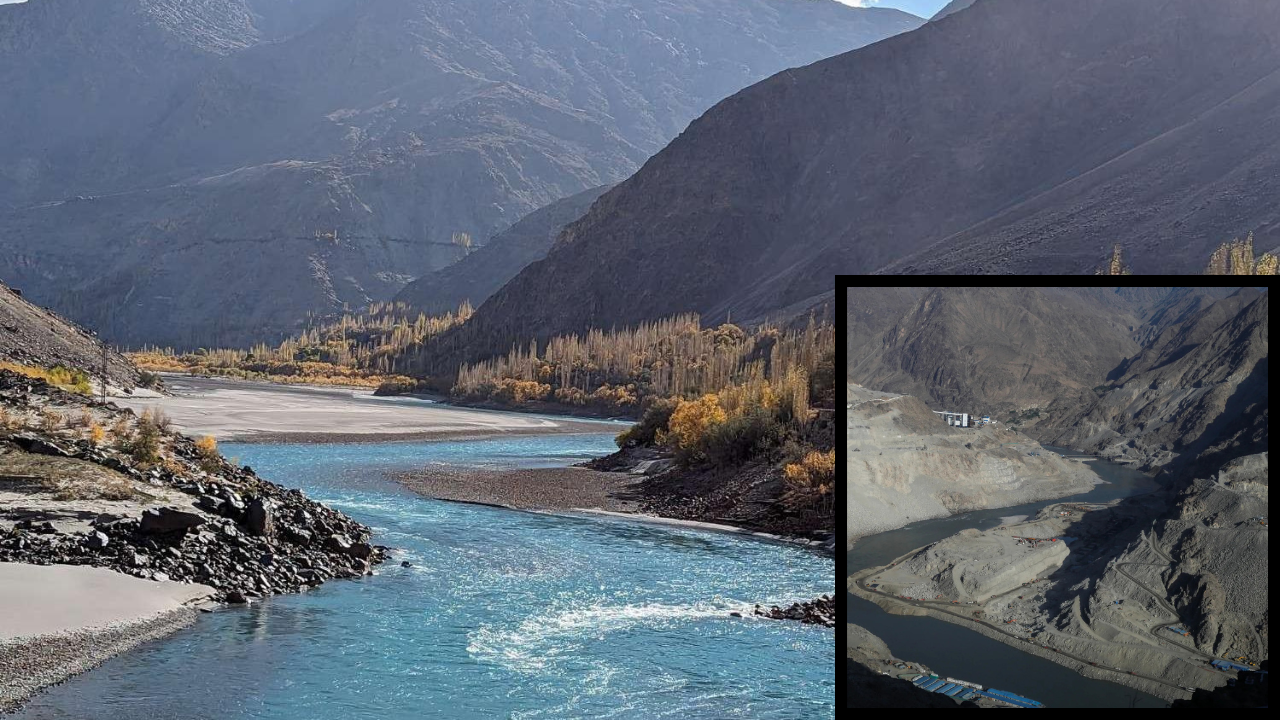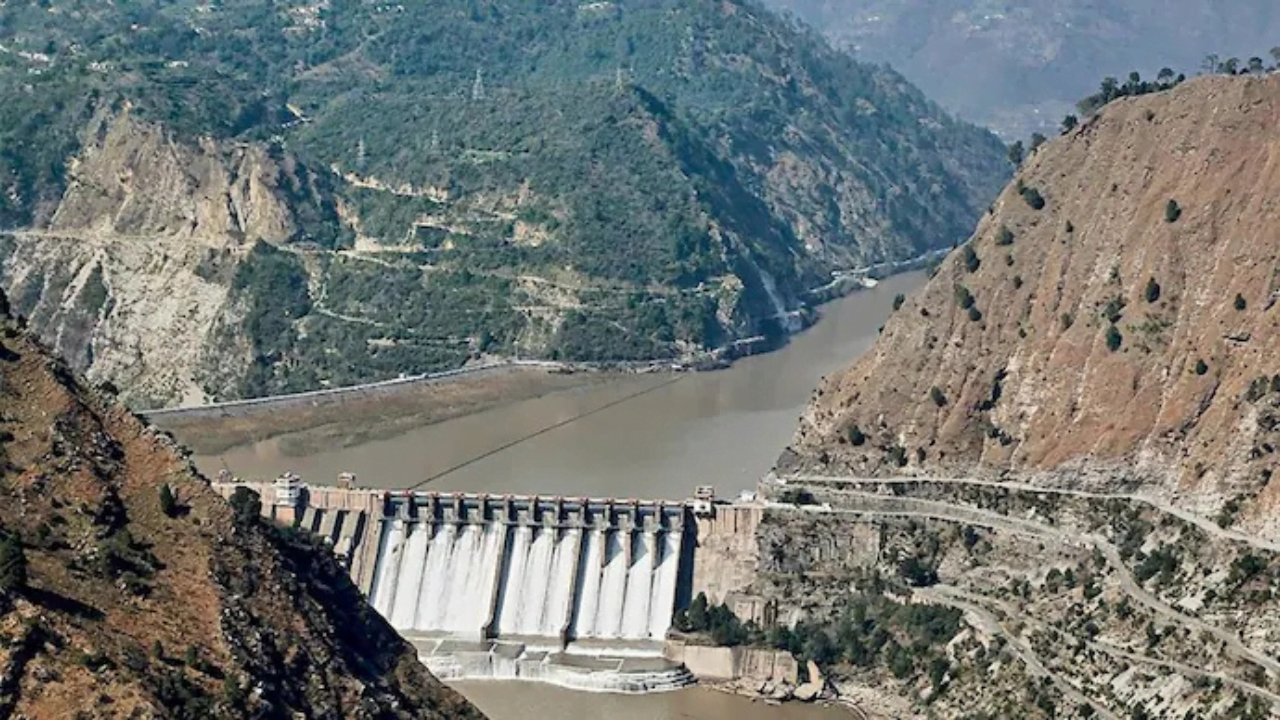 English
English

The Taliban’s plan to restrict water flow from Afghanistan to Pakistan by building dams mirrors India’s suspension of the Indus Waters Treaty. Could this escalate regional tensions and deepen water scarcity for Pakistan?

Taliban’s move echoes India’s suspension of the Indus Waters Treaty after April terror attack.
New Delhi: Afghanistan has announced plans to limit Pakistan’s access to water by constructing dams along the Kunar River, following a directive from Supreme Leader Mawlawi Hibatullah Akhundzada. Acting Water Minister Mullah Abdul Latif Mansoor said domestic firms would oversee construction, emphasizing Afghanistan’s right to manage its natural resources.
The move comes amid rising tensions along the Durand Line, after Pakistan accused Kabul of supporting the Tehreek-e-Taliban Pakistan, a group Islamabad designates as terrorist. Observers note that this step echoes India’s suspension of the Indus Waters Treaty (IWT) after the Pahalgam terror attack in Jammu and Kashmir in April 2025.
The Kunar River originates in Pakistan’s Chitral district in the Hindu Kush mountains, flows south into Afghanistan through Kunar and Nangarhar provinces, and eventually joins the Kabul River. These waters then cross back into Pakistan, merging with the Indus near Attock in Punjab. The river is crucial for irrigation, drinking water, and hydroelectric power, particularly in Pakistan’s Khyber Pakhtunkhwa region.
Should Afghanistan proceed with dam construction, Pakistan’s access to vital water resources for agriculture and daily consumption could be severely affected. Unlike the IWT between India and Pakistan, there is no formal treaty governing Afghan-Pakistani river waters, leaving Islamabad with limited immediate options.
The Indus Waters Treaty, signed in 1960 between India and Pakistan under World Bank mediation, allocated the waters of the Indus and its tributaries between the two countries. India received control over the eastern rivers Ravi, Beas, and Sutlej, while Pakistan received the western rivers Indus, Jhelum, and Chenab. The treaty has historically provided a framework for water sharing and cooperation, even during periods of political tension.

Afghanistan plans dams on the Kunar River to restrict water flow to Pakistan.
On April 22, following a terror attack in Pahalgam, Jammu and Kashmir, India suspended the IWT for 24 hours, citing security concerns and Pakistan’s alleged cross-border terrorism. This marked a rare suspension in the treaty’s 65-year history. The action mirrored India’s readiness to leverage water resources as a geopolitical tool while emphasizing that water management is a sovereign right.
Since taking power in 2021, the Taliban has focused on controlling rivers and canals within Afghanistan. Projects like the Qosh Tepa canal aim to transform arid lands into fertile farmland while securing the country’s food supply. Experts warn that such projects, including the proposed dams on Kunar, could reduce water flow to Pakistan and exacerbate regional tensions.
During a recent visit to India, Afghan Foreign Minister Amir Khan Muttaqi highlighted cooperation in hydroelectric projects, reinforcing Afghanistan’s focus on water management for energy and agriculture.
No related posts found.